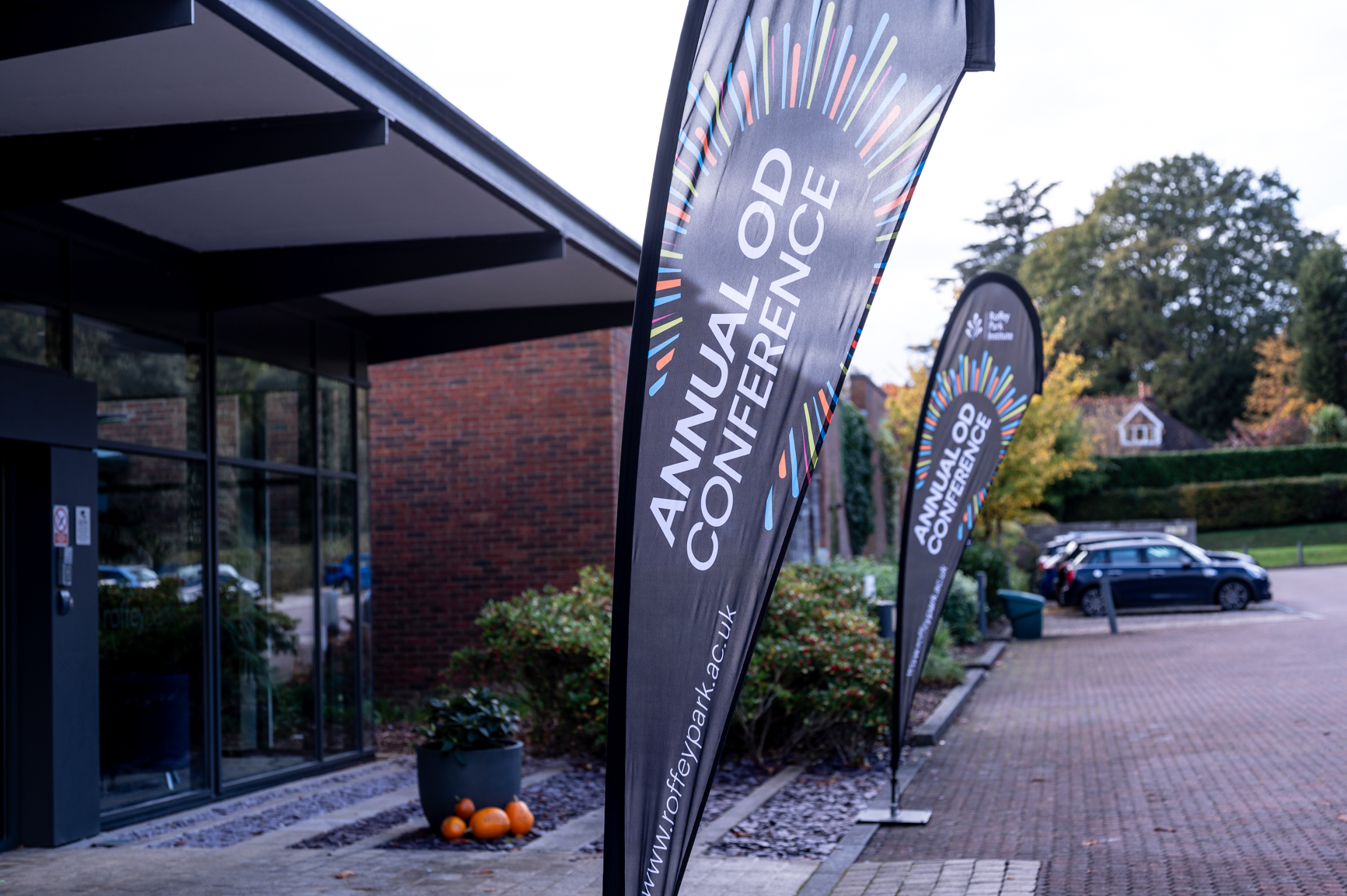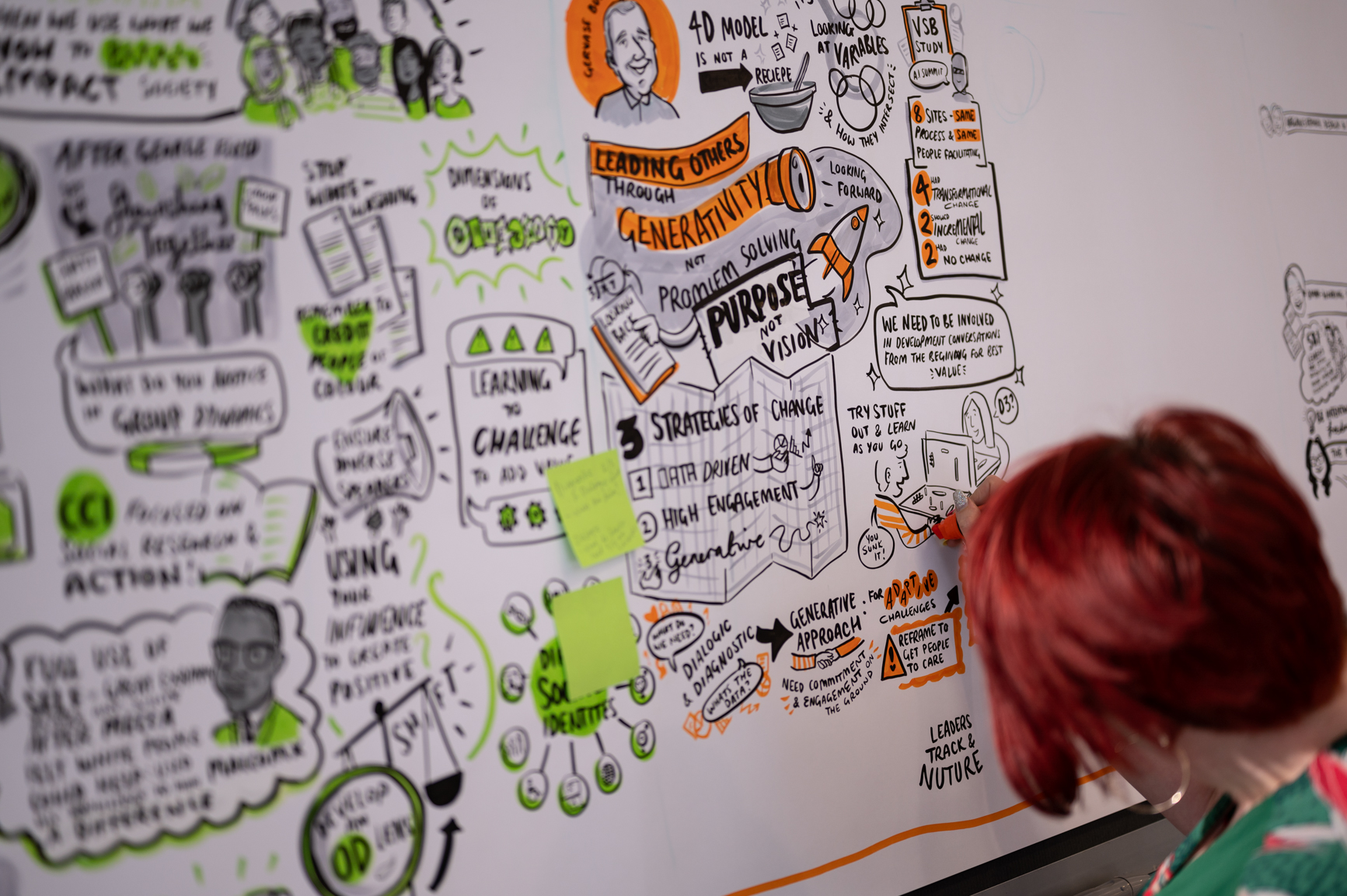Adopting AI: The Real Barrier Isn’t Tech, It’s Communication
By Alex Norbury, Head of Sales
From my perspective leading sales teams and working with clients across industries, the challenges around adopting AI are never purely about technology. What our latest research shows, and what I see every day, is that the real barrier is communication.
Our latest research into AI adoption revealed something that shouldn’t surprise us, but somehow still does.
The secret to successful change isn’t the technology. It’s not the process. It’s not even the strategy.
It’s communication.
Yes, 93% of Fortune 500 CHROs say they’re using AI tools, but only 3.6% have formally embedded AI into their operations. So what’s stopping the rest?
As Intel’s Chief People Officer put it:
“The first thing is to be transparent with your employees and engage them in the process.”
When we looked at the organisations succeeding with AI, they weren’t necessarily more advanced technically. They were better at communicating.
And here’s what frustrates me: we still call communication a ‘soft skill’.
But in reality, it’s the hardest skill to master and the most critical to organisational success.
It’s the difference between:
- Innovation that transforms vs. innovation that gathers dust
- Change that energises vs. change that exhausts
- Leadership that inspires vs. leadership that intimidates
In our research, 65% of employees said they trust AI tools more when ethics and compliance are clearly communicated. The tech is the same. The trust depends entirely on how leaders explain, involve and engage.
Whether it’s AI, restructuring, new systems or culture shifts, the pattern is always the same.
✅ Successful change happens when leaders:
- Explain the why and how
- Include rather than inform
- Co-create instead of dictate
- Acknowledge limitations alongside capabilities
- Make the complicated simple
❌ Failed change happens when leaders:
- Assume people already understand the why
- Communicate only benefits, ignoring fears
- Mandate from the top down
- Speak in jargon instead of plain language
- Focus on the solution, forgetting the humans who need to make it work
Communication isn’t soft. It takes:
- Courage to be transparent when you don’t have all the answers
- Discipline to listen when you want to tell (something I struggle with)
- Skill to simplify complexity
- Time when you’re under pressure to move fast
The organisations succeeding with AI, and with change more broadly, are the ones where leaders treat communication as a core competency, not an afterthought.
So, before we launch our next initiative, let’s ask:
- How will I explain this to someone who’s never heard of it?
- What fears will this create, and how will I address them?
- Who needs to shape this, not just implement it?
- How does this connect to what we already value?
- And the big one: What don’t I know yet and how will I communicate that uncertainty?
AI will transform HR. New technologies will keep emerging. Business models will evolve. But the fundamental challenge remains:
How do we bring people along on the journey?
The answer isn’t in the latest tech. It’s in the oldest leadership skill of all:
Communicating with clarity, empathy, and authenticity.
And that’s something AI cannot replicate.
Let’s stop calling communication a soft skill.
In a world of constant change, it’s the hardest and most essential skill leaders can develop.
To explore our full research and insights on AI adoption in HR, download the whitepaper here.





